Google has just officially announced the expansion of AI Mode on its search engine to 40 new regions, while adding support for 35 new languages. This move continues to affirm Google's pioneering position in applying artificial intelligence (AI) to the search experience, aiming to bring convenience and superior intelligence to users around the world .
In particular, in this update, users in Vietnam have officially experienced the AI search feature with a completely Vietnamese interface, helping to improve the experience and meet increasingly diverse and in-depth search needs.
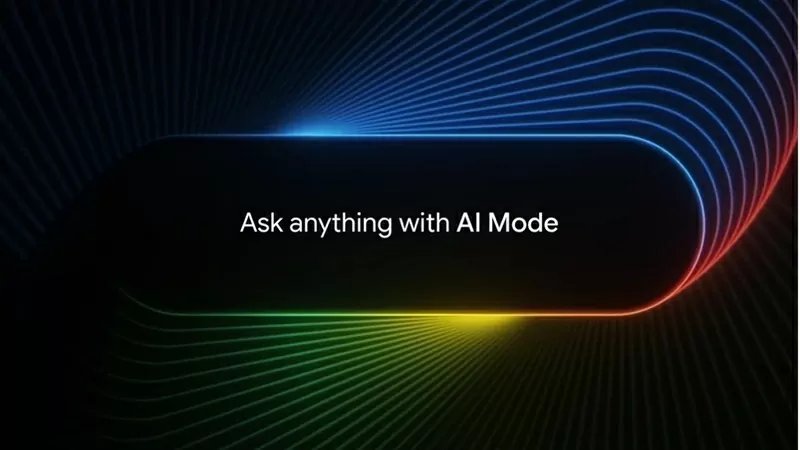 |
| Google Search AI is available in more than 200 countries and territories, including Vietnam. |
Google's AI Mode in search was first tested in March this year, with the aim of gathering feedback and adjusting the feature for best performance. After the testing phase, Google officially launched this AI mode in the US market in May, marking an important milestone in integrating AI into the company's flagship products.
Following the success, Google has continuously expanded the range of language support, adding languages such as Japanese and Korean in September, making AI Mode available in more than 200 countries and territories, significantly expanding its reach to users globally.
The highlight of AI Mode is the use of the Gemini model – an advanced AI model specially tuned by Google to deeply understand the nuances, context and characteristics of each local language. Thanks to that, the tool not only provides accurate answers, but also creates a much closer, more natural interactive experience than the traditional search method that only relies on returning simple web links.
However, in addition to the obvious benefits and advantages, the appearance of AI Mode is also creating considerable concerns from the online content provider community. Many experts and content creators believe that the information summaries automatically generated by AI and displayed at the top of the search results page are seriously affecting traffic to the original websites.
These concerns are further reinforced by the latest study from the Pew Research Center, which reports that users are now less likely to click on traditional links and often end their searches early once they receive answers from AI.
This shift not only reflects new trends in search behavior, but also poses major challenges for publishers and content creators in retaining readers and maintaining traffic on digital platforms.
In that context, industry experts are calling for a balance between the development and application of artificial intelligence and the protection of the rights of online content creators. This is considered a difficult problem, requiring close cooperation between stakeholders to jointly create a sustainable digital environment, both taking advantage of the power of AI and ensuring the diversity and quality of content on the internet.
Source: https://baoquocte.vn/google-search-ai-chinh-thuc-duoc-ho-tro-tieng-viet-330903.html


















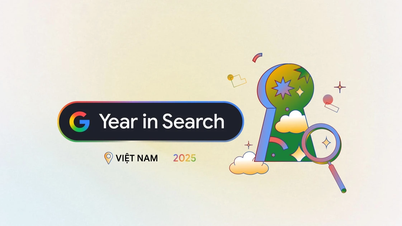





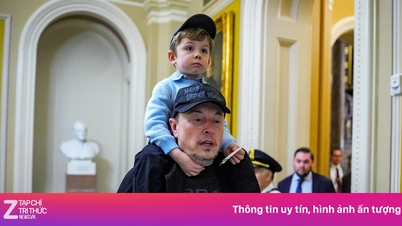








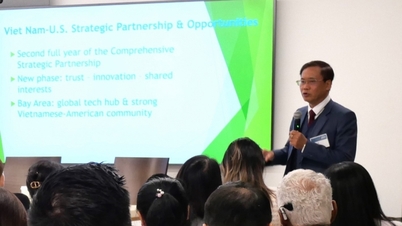
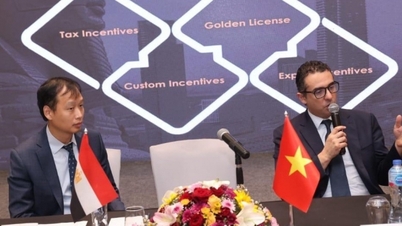




























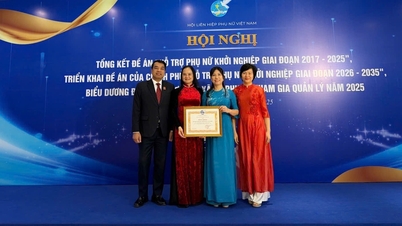










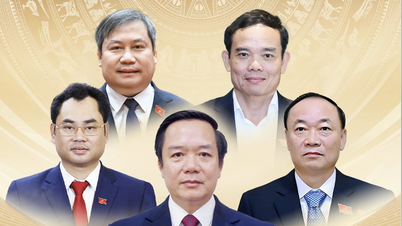





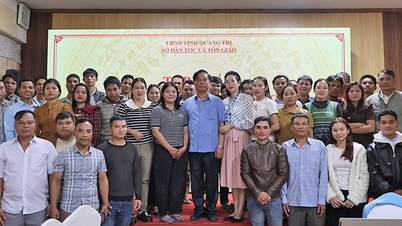









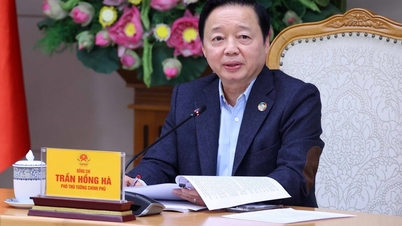

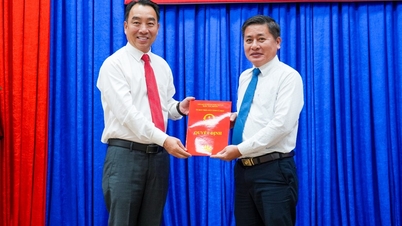






















Comment (0)